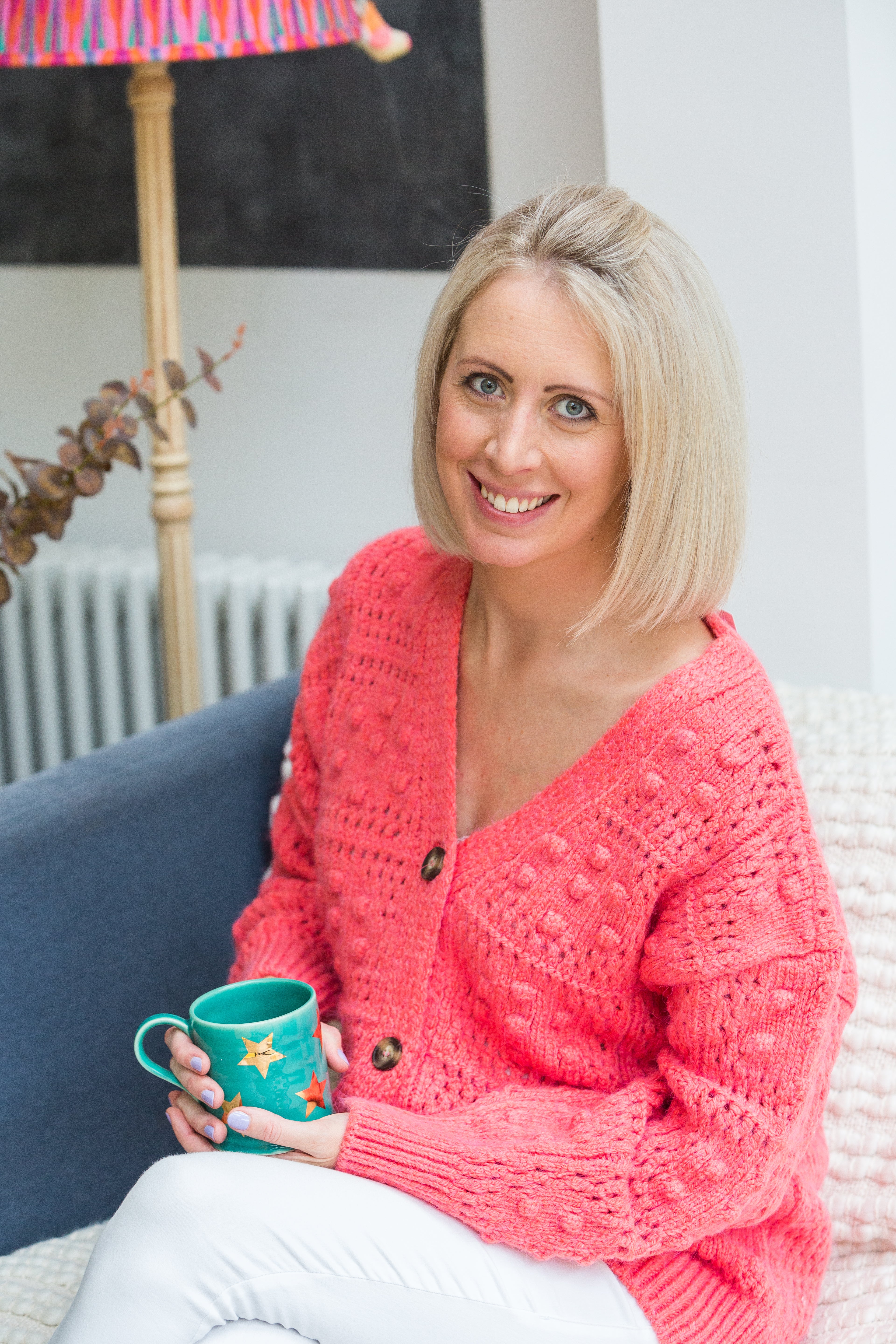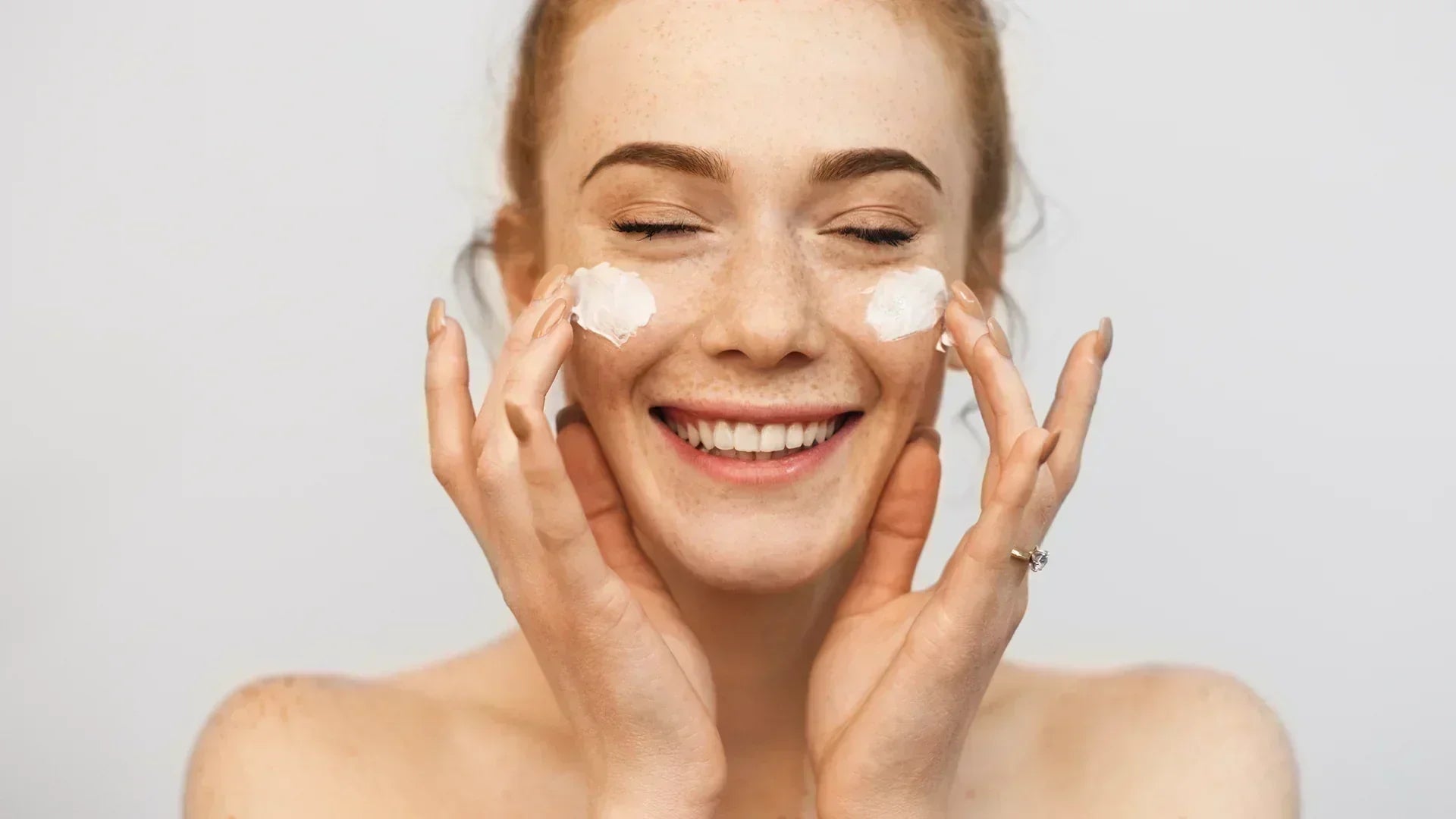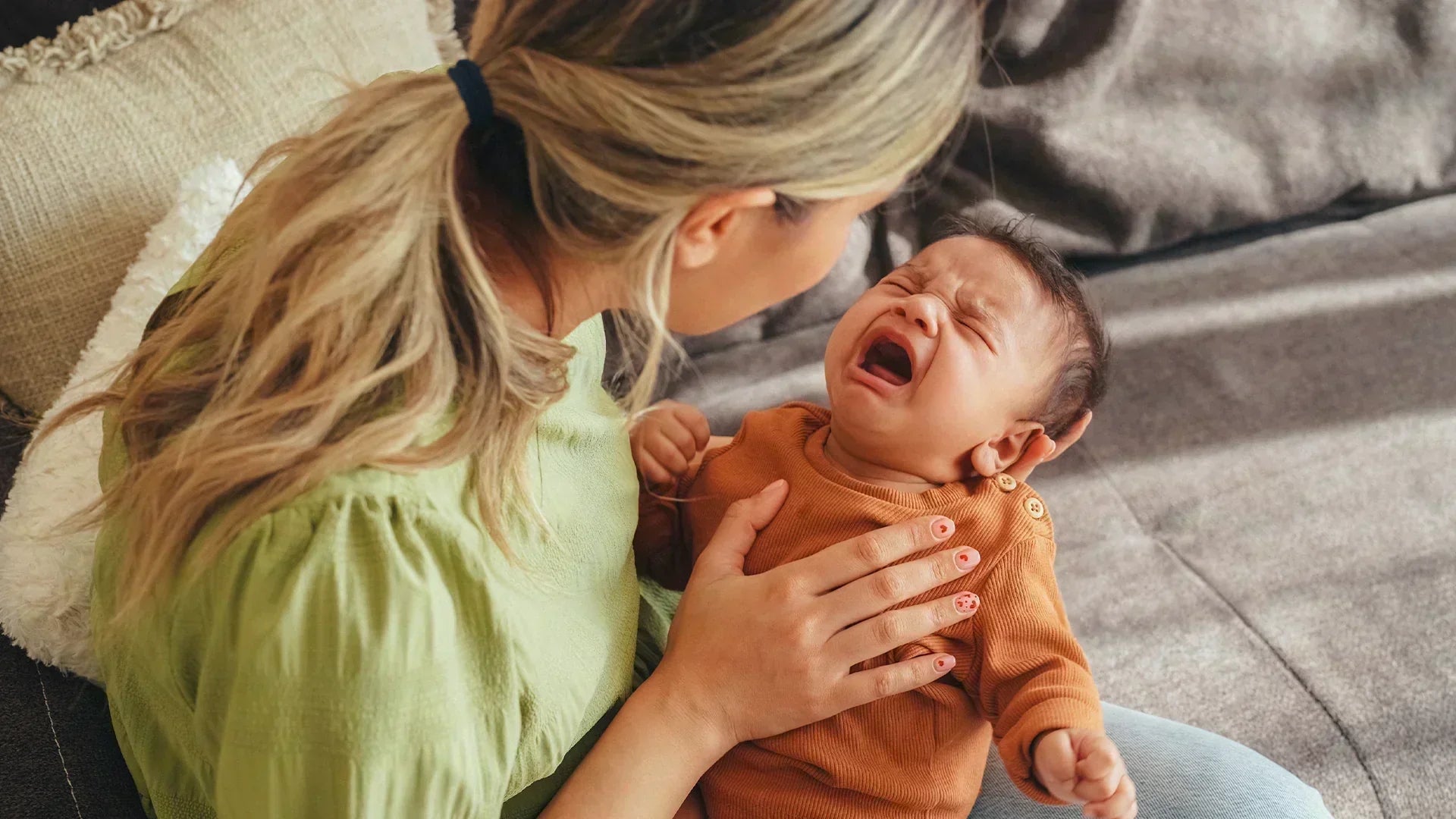Becoming a new mum is one of the biggest life transitions a woman can experience. From changing routines to shifting identities, new motherhood can be both magical and overwhelming.
Self care for new mums: navigating the fourth trimester with support
In this interview, baby sleep expert Heidi Skudder shares her insights from thousands of hours spent supporting new mothers, offering compassionate advice on self care for mums in the early months of motherhood.
Q: Becoming a first-time mum is a huge change. What do you think makes this transition so overwhelming?
A: Becoming a new parent is an all-consuming time and probably the biggest transition you'll ever go through. Everything changes—your daily routine, how much sleep you’re getting, how you dress (especially if you're breastfeeding), and even the dynamics in your relationship.
Life looks completely different on the other side of giving birth. It’s the start of a magical journey that brings so much joy, but also a fair share of challenges
Q: A common thing we hear is, “Everyone wants to hold the baby—but who’s supporting me?” Why do so many mums feel unsupported?
A: We have very little postnatal support included in our care within the UK healthcare system, which means that we either have to pay for it, or go without it. This can make it very difficult to create your “village” that everyone talks about you needing when bringing up a baby.
It is not uncommon for new parents to feel isolated at times, especially when baby is very little and in need of regular feeds, that and not sleeping much too.
There are baby clinics, feeding groups and local drop in centres that you can reach out to if you need support, but they are not always advertised well. Make sure to ask around and find out what services you do have access to.
Q: How does motherhood impact a woman's sense of identity?
A: The identity shift is huge. When your baby is tiny, it’s hard to imagine those days where you could leave the house without packing a bag for an hour first—or even wanting to socialise because you weren’t so tired!
This shift into motherhood is called matrescence—the process of becoming a mother. Your values change, your routine changes, and life looks very different. It’s completely normal to both love your new role and also miss aspects of your old life. Self care for mums includes giving yourself permission to feel all of it.
Q: A lot of new mums struggle with how their body feels after birth. What do you say to them?
A: The physical changes during and after pregnancy can make you feel like you’re in a totally different body. On top of recovering from childbirth, you might be breastfeeding too—both of which affect how your body looks and feels.
There’s more awareness now about taking time to recover, but we still see public figures who seem to “bounce back” quickly, and that can be really hard. It can take a year or more to recover physically from birth, and that’s completely normal. Be kind to yourself. Real self care for mums means patience and compassion.
Q: How do relationships change after becoming parents?
A: You might feel closer to your partner in some ways, but having a baby can also create distance. Lack of sleep increases irritability and it can even start to feel like a competition over who’s more tired. It’s not just your romantic relationship—your friendships can change too. You may feel disconnected from friends who don’t have children or feel like you're missing out.
Sometimes becoming a parent stirs up memories from your own childhood. Go gently. Communicate with your partner and others. Remember: a problem shared is a problem halved.
Q: Emotionally, what can mums expect after birth?
A: One of the biggest shifts happens internally. Hormones play a huge role in the postnatal period. From baby blues around day 4 or 5 to hormonal fluctuations during and after breastfeeding, your mood can be all over the place.
Feelings of overwhelm, guilt, and inadequacy are very common. If those low feelings continue beyond the early weeks, it’s important to reach out to your health visitor or GP. Self care for mums isn’t just about bubble baths—it’s about speaking up when you need help. Your strength is in your voice.
Q: What’s your biggest piece of advice when it comes to self care for new mums?
A: Caring for a baby is no small feat—but neither is caring for yourself. Focus on small, meaningful actions like asking for help, talking with your partner, and having compassion for yourself. That’s how you start to feel more grounded and capable in your new role.
About Heidi
Heidi Skudder, one of the UK’s leading early years parent coaches, founded Positively Parenthood (formerly The Parent and Baby Coach) to provide experience-based, compassionate support for new parents. With a background in psychology, hands-on childcare, and over a decade of sleep and behaviour coaching, Heidi has helped thousands of families navigate the early years with confidence.





